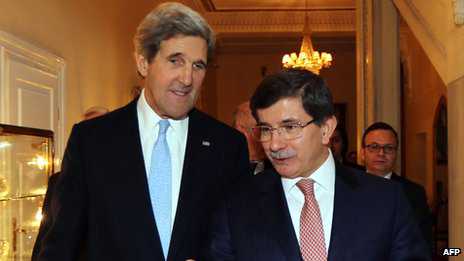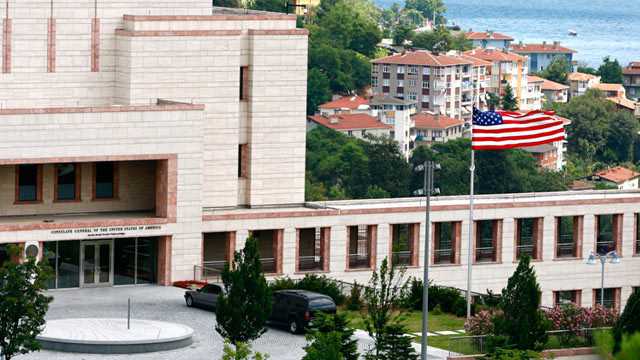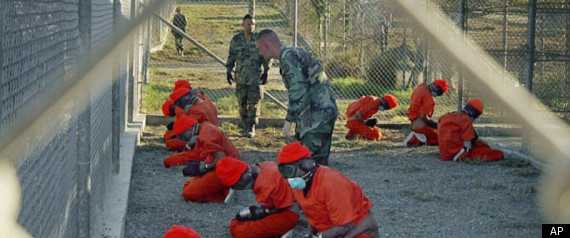US Secretary of State John Kerry met his Turkish counterpart Ahmet Davutoglu

New US Secretary of State John Kerry has been holding talks with his Turkish counterpart on the conflict in Syria.
At a news conference with Turkish Foreign Minister Ahmet Davutoglu, Mr Kerry said the two Nato allies shared a common goal – to end the suffering of innocent civilians in Syria.
Turkey and the US both oppose Syrian President Bashar al-Assad, but differ on how best to support the opposition.
The visit has been overshadowed by the Turkish PM’s remarks about Zionism.
Recep Tayyip Erdogan earlier this week called Zionism a “crime against humanity” – remarks that have been widely condemned, and which Mr Kerry on Friday called “objectionable”.
On the subject of Syria, UN Secretary General Ban Ki Moon said on Friday he was “personally pained and distraught” by the ongoing violence and suffering of civilians.
He said there was a “very small window of opportunity” for the Syrian government and the opposition to hold talks, and admitted that, for the UN, there was “not much political space”.
Mr Ban went on to say that, in his opinion, the only thing for the moment was to increase humanitarian assistance but it was “almost impossible” for aid agencies to provide enough relief, as they were continually “outpaced” by the need.
Frustration
The crisis in Syria has been a central issue in John Kerry’s first overseas trip as secretary of state, which is taking him to 11 countries in Europe and the Middle East.
He said in Ankara that the US and Turkey “both believe the first priority is to try and have a political solution. We would like to save lives, not see them caught up in a continuing war”.
Mr Davutoglu said their main objective was to “protect the innocent civilians of Syria”.
In Rome on Thursday, Mr Kerry promised direct aid to Syrian rebels in the form of food and medical supplies, but not the weapons they say they need to win.
Turkey has taken in more than 200,000 Syrian refugees and has been hit by deadly shelling across its 900km (560 mile) border with Syria.
Turkey wants the Syrian rebels to win the war as soon as possible and will be keen to convey its sense of frustration to Mr Kerry, the BBC’s James Reynolds in Istanbul says.
The US and other Nato allies have deployed Patriot missile interceptors to repel any possible attack by missiles or aircraft from Syria.
Mr Erdogan has been outspoken in his support for Syrian rebels and has advocated the creation of a buffer zone inside northern Syria to protect people fleeing the fighting.
Turkey began massing troops along the frontier in June last year after Syria shot down a Turkish reconnaissance jet off its coast.
In October the Turkish army fired on military targets in Syria in retaliation for cross-border mortar fire.
The rebel Free Syrian Army is thought to receive weapons and other supplies from Turkey.
‘Fuelling violence’
The US has refrained from arming the rebels, in part because of concerns the weapons could eventually fall into the hands of Islamist militants who might attack its interests.
On Thursday in Rome, Mr Kerry promised an additional $60m (£40m) in aid to the opposition Syrian National Coalition to help it deliver basic governance and other services in rebel-controlled areas.
He also promised direct support in the form of food and medical supplies to rebel forces, in what correspondents say was a shift in US policy on Syria.
Russia – a close ally of President Assad – has said the promises of aid to the opposition made by the US and other countries in the “Friends of Syria” group will encourage further violence rather than a negotiated solution.
“The decisions taken in Rome… directly encourage extremists towards precisely a violent seizure of power, despite the suffering of ordinary Syrians,” Russian Foreign Ministry spokesman Aleksandr Lukashevich said.
via BBC News – John Kerry holds talks on Syria crisis in Ankara.





